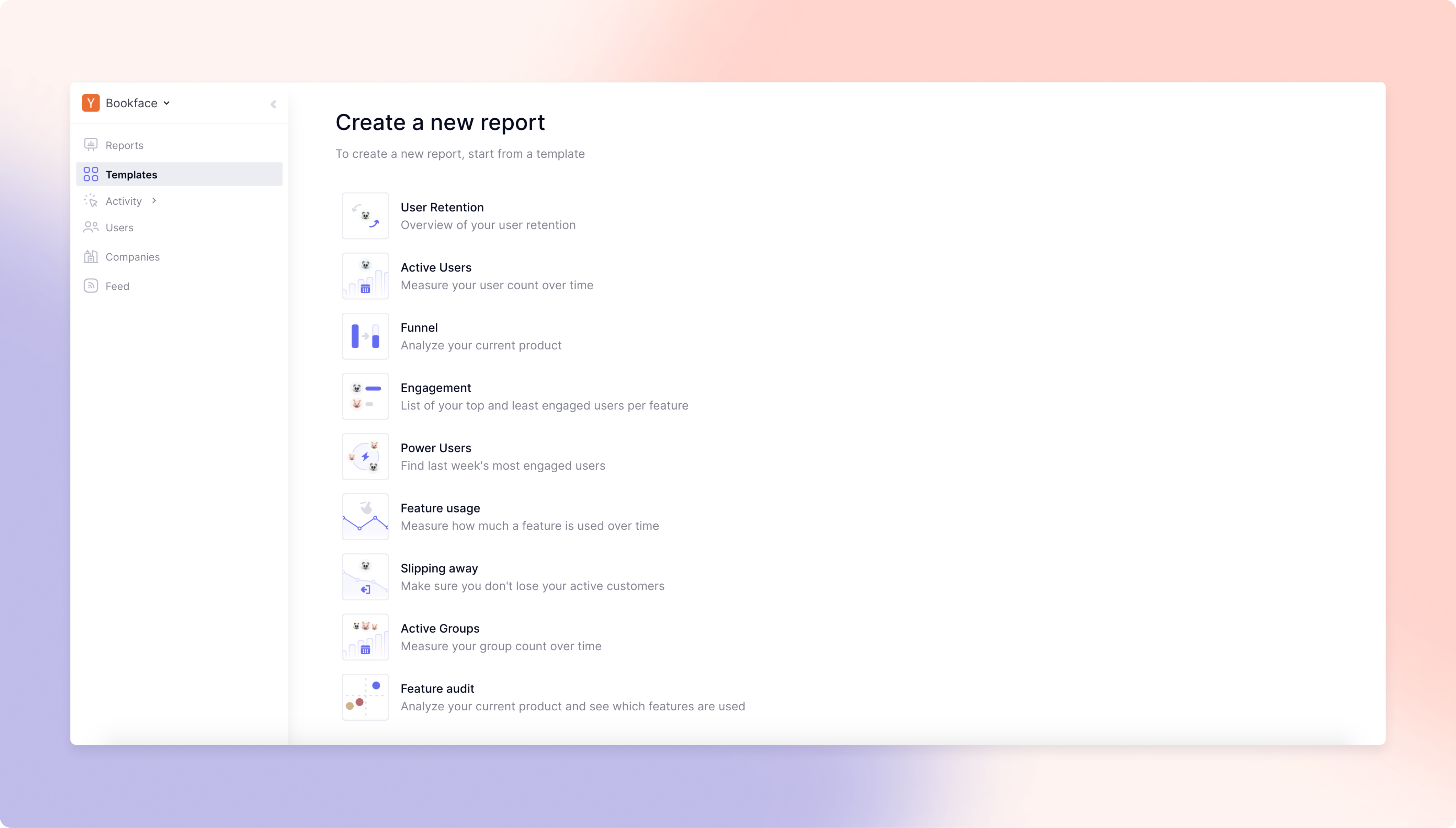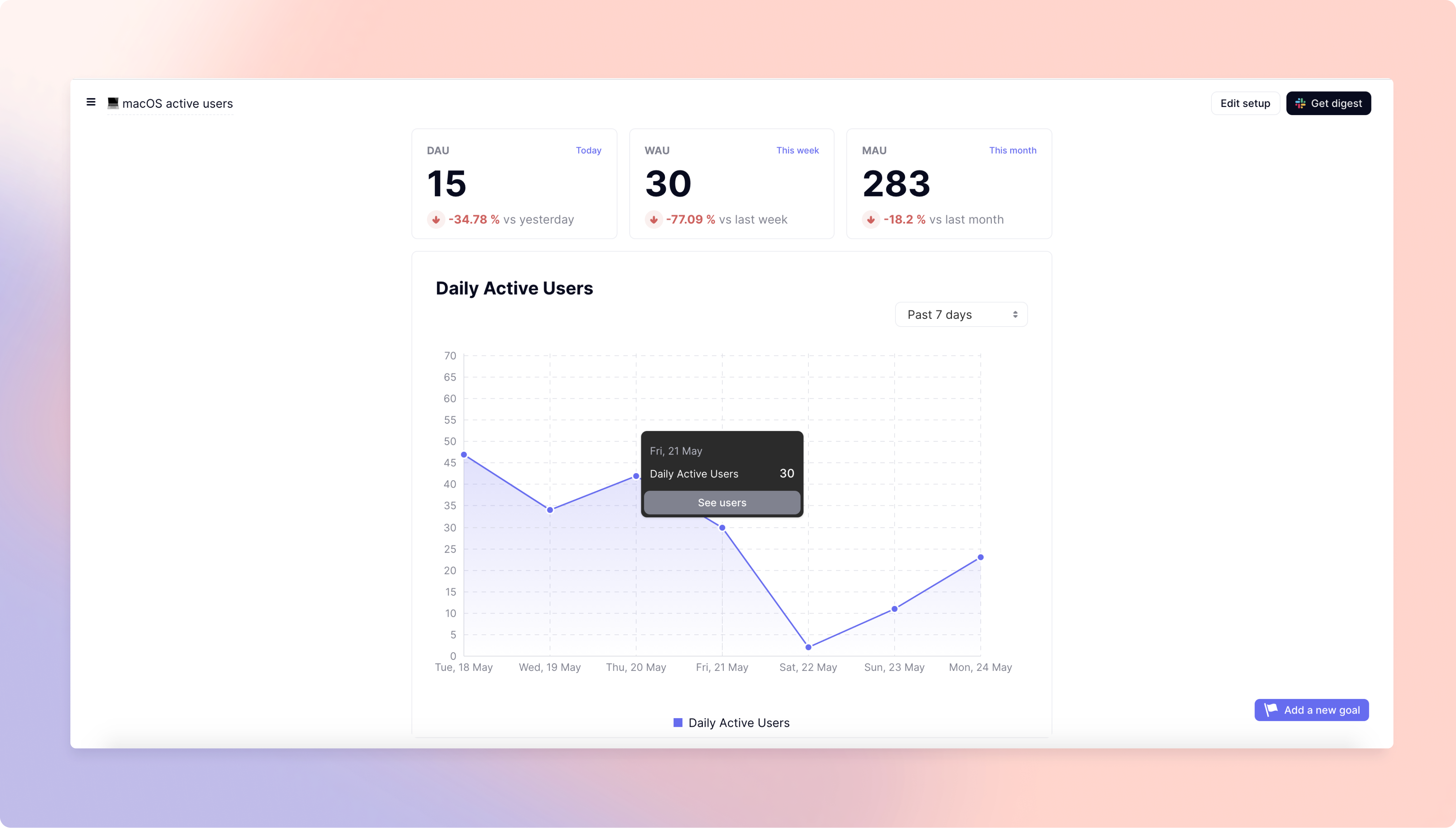Meet June, a new startup that wants to make it easier to create analytics dashboards and generate reports even if you’re not a product analytics expert. June is built on top of your Segment data. Like many no-code startups, it uses templates and a graphical interface so that non-technical profiles can start using it.
“What we do today is instant analytics and that’s why we’re building it on top of Segment,” co-founder and CEO Enzo Avigo told me. “It lets you access data much more quickly.”
Segment acts as the data collection and data repository for your analytics. After that, you can start playing with your data in June. Eventually, June plans to diversify its data sources.
“Our long-term vision is to become the Airtable of analytics,” Avigo said.
If you’re familiar with Airtable, June may look familiar. The company has built a template library to help you get started. For instance, June helps you track user retention, active users, your acquisition funnel, engagement, feature usage, etc.

Image Credits: June
Once you pick a template, you can start building a report by matching data sources with templates. June automatically generates charts, sorts your user base into cohorts and shows you important metrics. You can create goals so that you receive alerts in Slack whenever something good or bad is happening.
Advanced users can also use June so that everyone in the team is using the same tool. They can create custom SQL queries and build a template based on those queries.
The company raised a seed round of $1.85 million led by Point Nine. Y Combinator, Speedinvest, Kima Ventures, eFounders and Base Case also participated, as well as several business angels.
Prior to June, the startup’s two co-founders worked for Intercom. They noticed that the analytics tool was too hard to use for many people. They didn’t rely on analytics to make educated decisions.
There are hundreds of companies using June every week and that number is growing by 10% per week. Right now, the product is free but the company plans to charge based on usage.

Image Credits: June
Comments
Post a Comment